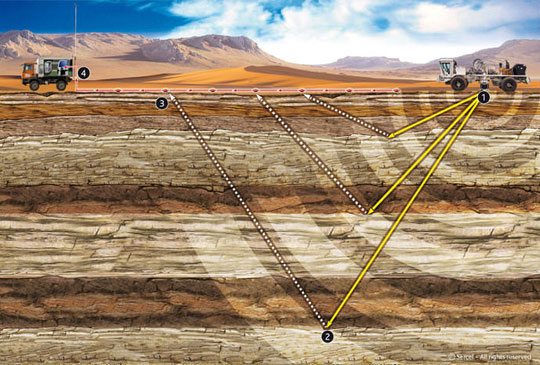All Categories
Featured
Table of Contents
Geophysical Surveys in Gosnells Western Australia 2023
Much of the image includes blank locations now with little or no radar reaction. The "yard" wall is still showing strongly, nevertheless, and there are continuing suggestions of a difficult surface in the SE corner. Time slice from 23 to 25ns. This last slice is now nearly all blank, however a few of the walls are still showing highly.
How deep are these slices? The software application I have access to makes approximating the depth a little tricky. If, nevertheless, the top 3 pieces represent the ploughsoil, which is probably about 30cm think, I would think that each piece is about 10cm and we are just getting down about 80cm in total.

Thankfully for us, most of the sites we are interested in lie simply listed below the plough zone, so it'll do! How does this compare to the other techniques? Comparison of the Earth Resistance information (top left), the magnetometry (bottom left), the 1517ns time slice (top right) and the 1921ns time slice (bottom left).
Geophysical Survey Services in Leeming Oz 2020
Magnetometry, as talked about above, is a passive strategy determining regional variations in magnetism versus a localised absolutely no worth. Magnetic susceptibility survey is an active technique: it is a step of how magnetic a sample of sediment might be in the existence of an electromagnetic field. How much soil is tested depends on the size of the test coil: it can be very little or it can be relatively large.
The sensor in this case is very small and samples a tiny sample of soil. The Bartington magnetic susceptibility meter with a large "field coil" in usage at Verulamium throughout the course in 2013. Leading soil will be magnetically enhanced compared to subsoils just due to natural oxidation and reduction.
By determining magnetic vulnerability at a reasonably coarse scale, we can identify areas of human profession and middens. We do not have access to a trustworthy mag sus meter, but Jarrod Burks (who assisted teach at the course in 2013) has some exceptional examples. Among which is the Wildcat site in Ohio.
Geophysical Survey Services - Ohio Valley Archaeology in Wanneroo WA 2020
These towns are frequently set out around a central open location or plaza, such as this reconstructed example at Sunwatch, Dayton, Ohio. Sunwatch Village, Dayton, Ohio (picture: Jarrod Burks). At the Wildcat website, the magnetometer survey had actually located a variety of functions and homes. The magnetic susceptibility survey assisted, however, define the main location of occupation and midden which surrounded the more open area.
Jarrod Burks' magnetic susceptibility survey arises from the Wildcat site, Ohio. Red is high, blue is low. The strategy is therefore of excellent usage in specifying areas of general occupation instead of determining particular functions.
Geophysical surveying is an applied branch of geophysics, which uses seismic, gravitational, magnetic, electrical and electromagnetic physical methods at the Earth's surface to determine the physical properties of the subsurface - Geophysical Surveying in Seville Grove Australia 2021. Geophysical surveying methods typically determine these geophysical residential or commercial properties along with abnormalities in order to assess different subsurface conditions such as the presence of groundwater, bedrock, minerals, oil and gas, geothermal resources, spaces and cavities, and much more.
Latest Posts
Bachelor's Degree In Geophysics - Degrees & Programs in Woodbridge Oz 2023
Geophysical Methods in Leederville Aus 2022
Job Profiles : Geophysicist Physics in Northbridge WA 2020